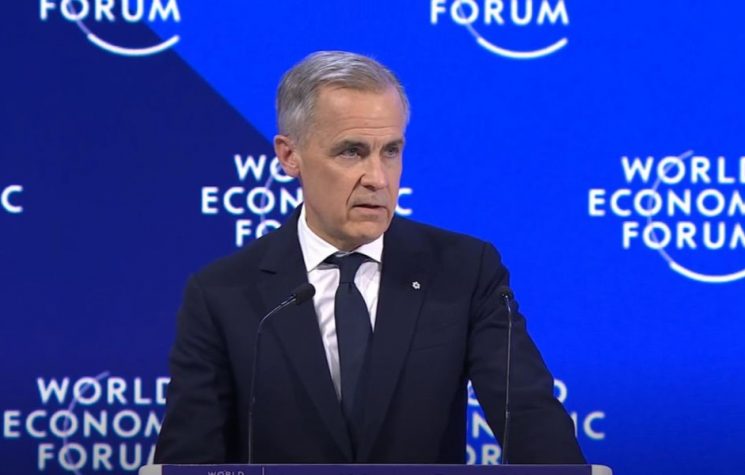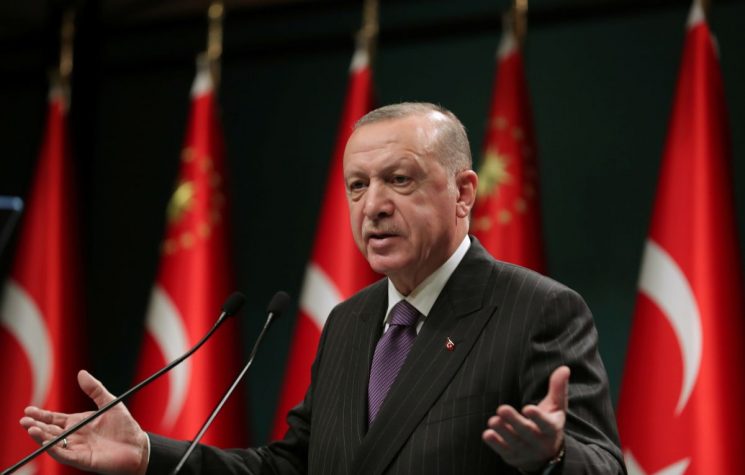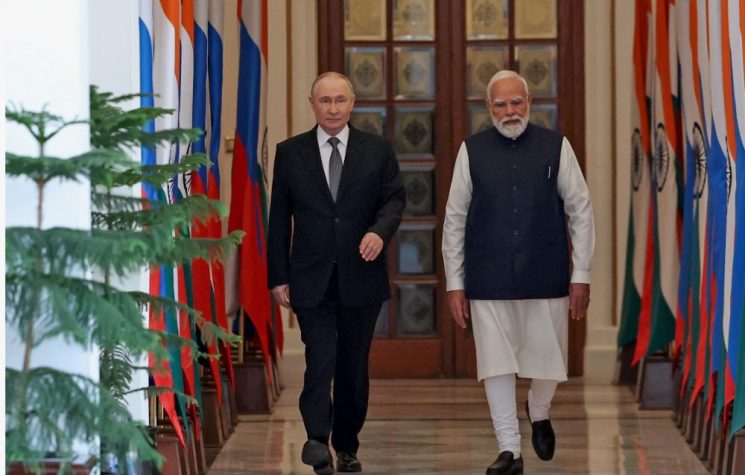Many are wondering why Iran has not yet unleashed its legitimate revenge against Israel. Let’s try to give a geopolitical explanation.
Contact us: info@strategic-culture.su
Many are wondering why Iran has not yet unleashed its legitimate revenge against Israel. Let’s try to give a geopolitical explanation.
An age-old Art of War
Let’s make one thing clear: Iran is an empire thousands of years old, with an incredible history, a very rich culture and a lifestyle totally different from that of the West. For these very simple reasons, Westerners cannot understand Iran. It’s too different a country from the West. This problem of interpretation causes many misunderstandings on the part of Western analysts and journalists, but also on the part of politicians and strategists, because they try to apply interpretations that are not correct. One cannot ‘read’ Iran like any other Western state.
This gross error is actually a great advantage for the Iranians, because they can play on hybrid conflict levels without much effort. Particularly in the context of infowars, Iran enjoys an aura of mystery and confusion that makes the truth of what is happening in the country impenetrable. The Western media, heavy with propaganda, spread wrong, distorted, biased information, convinced that they have the scoop of the moment and are telling who knows what truth. Beyond those news stories that are fabricated to deceive the Western public, the objective fact is that the foreign media do not have access to what is happening inside, except to the extent that Iran allows them to acquire information. Like it or not, this is an excellent defense and protection strategy and it has always worked.
Today, it may seem strange not to know something about a country, but the question to ask is “why should I know something?”. Until half a century ago, the information we had on foreign countries was very limited, there was no access to the global information pool as we have now. For some reason, we have allowed ourselves to be convinced that knowing everything about everyone is the norm and where information is lacking, we are faced with some regime oppressing its citizens. Is this not a well-orchestrated collective cognitive programming? Is it not true that yes, we have access to so much information, but we are constantly bombarded by stimuli, messages, info, so much so that it’s almost impossible to discern the truth? The paradox is that we have been persuaded to hyper-connect, but without switching on our brains. Iran knows this very well. Inside the country, technology is present and people live connected to the world without any difficulty; outside, however, it’s almost impossible to penetrate. A defence mechanism that is allowing Iran to remain standing in the face of numerous information warfare attacks.
Moving from the hybrid to the more conventional context, Iran has maintained its territorial integrity for thousands of years and knows well how to defend its interests. Not only is its arsenal potential not officially known – unlike in many Western states – but Iran is even made to believe that it’s not capable of sustaining any conflict militarily.
In this case too, we are faced with a psychological game: no country ever truly reveals the size of its arsenal, the public dissemination of data is the subject of a careful action-reaction calculation against adversaries and enemies, because revealing the fact of one’s armaments would be a move that would put one at an enormous disadvantage; military activities are not made up of journalistic proclamations.
The fact remains, however, that as soon as Iran threatens to enter the game, the world stops. This was the case when Ismail Haniyeh was killed in Tehran, violating Iran’s territorial integrity, which motivated the UN to agree to a military operation against Israel.
Iran then acted as follows: it composedly declared its intention to wreak vengeance – coherent with the battle for Palestine and for the liberation of Jerusalem from Zionist occupation – but then… nothing has happened yet. Why? Are we sure that nothing has really happened?
Let’s look more carefully. At the moment of the Iranian proclamation, something unusual but predictable happened on most stock exchanges: a sudden, sharp collapse involving all sectors… except defense. And in particular American defense. How so? It’s interesting to look back at what happened in those hours of financial collapse – where even cryptocurrencies, whose blockchain is mostly run by Western countries, plummeted – because it was precisely the American military companies, in the collapse of share values, that had a surge of ‘smart’ purchases, mostly carried out by companies… that are owned by Chinese and Russian investment groups.
Ok, let’s summarize: Iran announces its intention of military revenge, the market collapses, China and Russia buy up chunks of American companies. The perfect assist. 3-0, ball in the centre. Set. Game.
With a very simple move, Iran, in concert with the multipolar allies, has not only allowed the Western economic crisis to accelerate, but has also allowed the U.S.’s arch-enemies to buy up pieces of companies, which means they can at least partly manage them, manhandle them, even bankrupt them. Brilliant, no? Simple but effective.
A revenge that veiledly has already begun, as promised, because Iran has a thousand-year history of strategy that the West does not understand. The same goes for China: Confucianism and Sun Tzu’s art of war teach one to move in exactly this way. Only Americans are still convinced that waging war means using violent, bullying rhetoric and shooting indiscriminately here and there until a result is achieved. And this the Americans still do not understand. You cannot wage war with an adversary without understanding his way of waging war. Such a mistake means defeat.
Ensuring Rimland
Let us now come to some more concrete perspectives.
As I have already explained in other articles, the powers that are working towards building the multipolar world are well aware that they must guarantee the defence of the Rimland. Iran knows this very well and, after having closed agreements with Russia, the Caspian countries, and the Gulf countries, is now heading East: India, China, and… Indonesia. The latter country has been ignored for too long: it’s one of the fastest growing states in the world, it is demographically young and numerous, economically flourishing, socially stable, militarily prepared. Above all, it is located in the right place at the right time: halfway between Australia and South-East Asia, but also halfway between the Pacific and Indian Oceans. Exactly that area in which China has a geopolitical and strategic interest in developing, and even more precisely that area in which the Anglo-Americans are preparing a proxy war via the AUKUS, exploiting Australia, which will become the new Ukraine.
Close the Rimland. This is necessary to engage in any international conflict by the Eurasian powers. Do not forget these words.
Iran has begun to dialogue with China in a new language, not only diplomatically but also militarily. China, for its part, has taken very clear positions with respect to the Palestinian conflict. Russia guarantees the western, central and northern parts of Eurasia; to the east we have North Korea and China defending the borders. That leaves the South, where Iran is in position and now only the final pieces are missing. Just a few months ago, the prime ministers of the South Asian countries made a long diplomatic pilgrimage between Beijing, Moscow and Tehran, which was no coincidence. The parties have been talking to Indonesia for some time now because they are aware of the strategic value of the country, which is full of American military bases spread over various islands, placed there as a missile and aerospace defense shield.
In Bangladesh, the U.S. has hatched a coup in an attempt to destabilize Rimland. In Australia they try to open a war front. It all adds up. And it fits even more if we think that just a few days ago, Russia announced its first military exercises with Indonesia.
Now we understand why Iran is stalling: it is not its style to rush things, revenge is a dish best eaten cold.



































